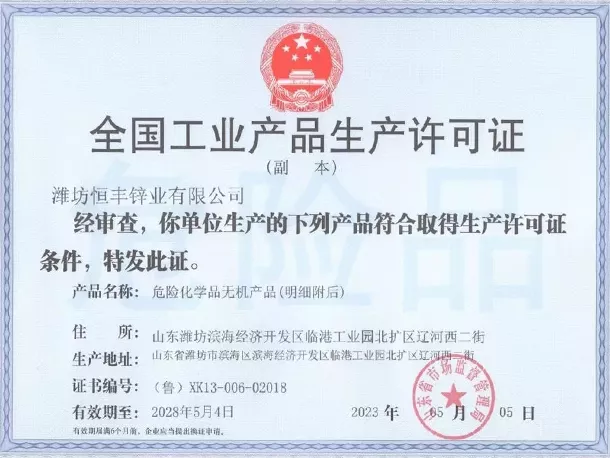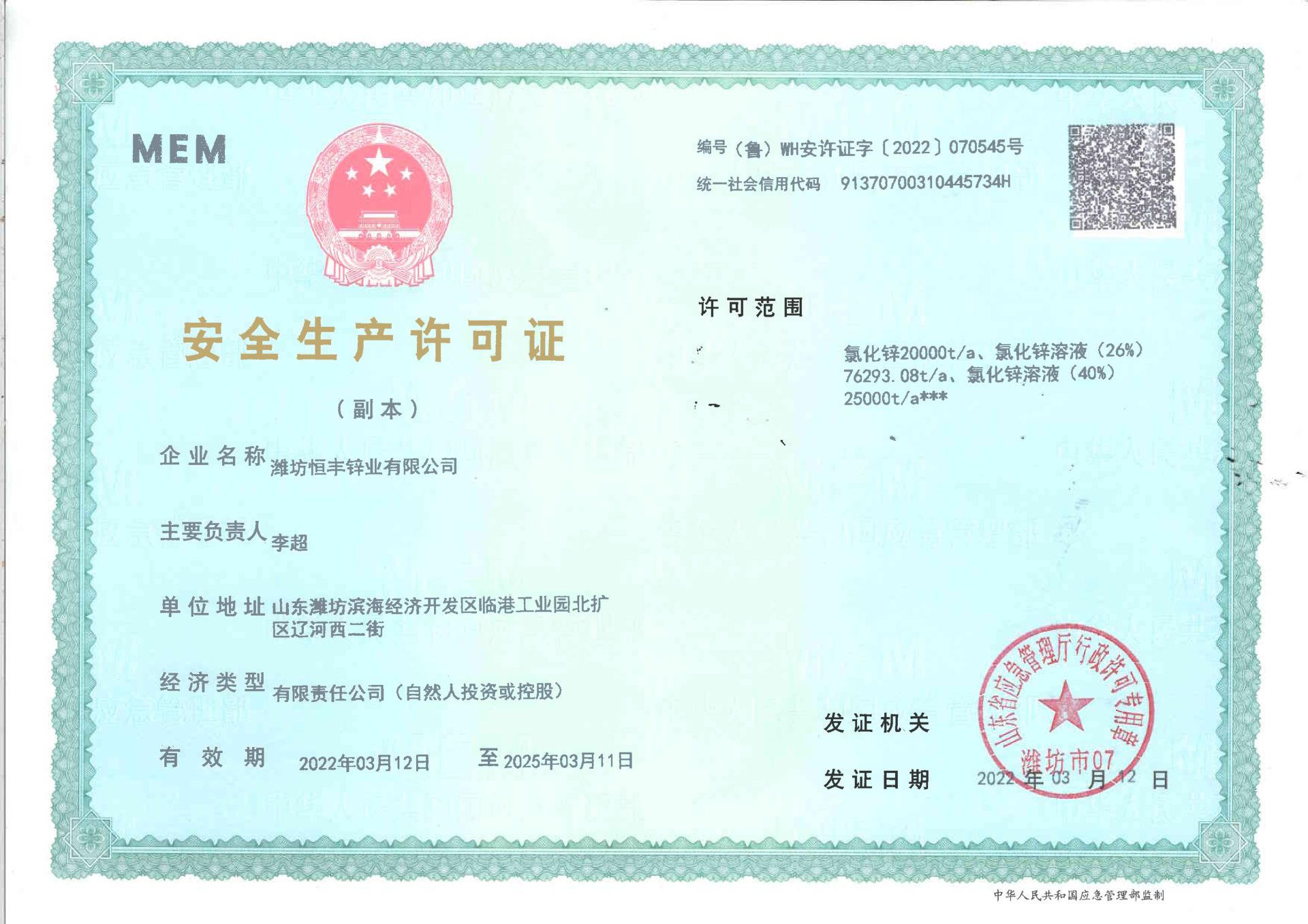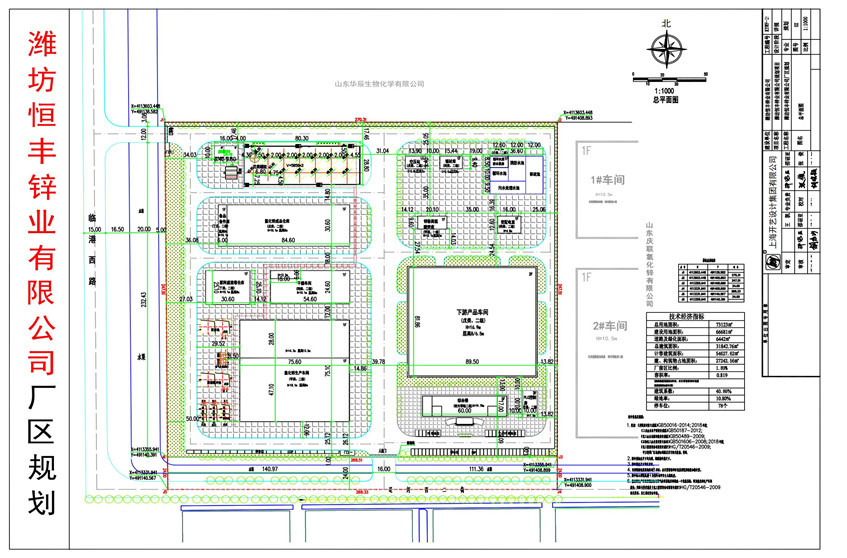The industrial applications of zinc chloride.
Inorganic industry serves as an activator for the production of activated carbon, making activated carbon a porous material and increasing its surface area. It is also used to manufacture anti-soluble foam fire extinguishing agents and as a raw material for producing zinc cyanide. The organic industry uses it as a solvent for polyacrylonitrile, as a catalyst and dehydrating agent for organic synthesis, as a condensing agent, and as a deodorant. It is also used as a special surface activator and as a catalyst for the production of indigo, non-ear grass aldehyde, anti-inflammatory drugs, and cation exchange resins. In the petroleum industry, it is used as a purifying agent. In the dye industry, it serves as a stabilizer for ice dyeing dye color salts and is also used in the production of reactive dyes and cationic dyes. In the rubber industry, it is used as an auxiliary material for the vulcanization accelerator zPC. In the printing and dyeing industry, it is used as a mordant, luster agent, and weight-increasing agent. In the electroplating industry, it is used as a zinc ion additive for ammonium salt zinc plating. In the pigment industry, it is used as a raw material for white pigments. In the metallurgy industry, it is used for producing aluminum alloys and treating metal surfaces. It is used as a rust remover during welding. Coal preparation plants often use it for float-sink experiments.
Related News
2023-12-06
Upon review, the following products produced by Weifang Hengfeng Zinc Industry meet the conditions for obtaining a production license, and this certificate is hereby issued.
2023-12-06
The qualifications and conditions that units and individuals must have to purchase related hazardous materials.
2021-11-22
Information Disclosure of Hazardous Waste Management Units
Approved types and capacities for hazardous waste management: HW23 zinc-containing waste: 336-103-23 (zinc chloride waste liquid) 16,570 tons/year;






